Throughout his life, Cavafy was drawn to things from the past. He compared himself to the ancients and his poetry to “an amphora,” which “supports different meanings.” An unpublished note written in Cavafy's hand and dated 20 June 1910 ends thus: “I work like the ancients. They wrote history, philosophy, and dramas of mythological tragedy, and they were stricken by eros, so many of them, just like me.” One of several of the poet’s hidden reflections on his own work, the note underscores Cavafy’s strong desire to place himself in the rarefied world of ancient authors. An insatiable reader of historical writing, Cavafy was also a self-educated scholar who kept himself informed about the newest discoveries in archaeology, papyrology, and numismatics.
This section features many poems in which Cavafy drew inspiration from antiquity. In them, he explores waning empires, erotic encounters, memorials to the dead, ancient magic, religious mixing, cultural assimilation, and timeless artistic creations. Artifacts from the Kelsey Museum have been selected to accompany the poems based on a perceived resonance between poems and objects. Cavafy kept notes on his readings for some poems, yet we don’t always know what artifacts inspired him to imagine the past in a certain way. Searching through the Kelsey collection with Cavafy’s poems in mind, we came across numerous artifacts that enter into a compelling dialogue with Cavafy’s poems. We invite viewers to contemplate connections among Cavafy’s poems, the objects, and several 20th-century photographs from the Kelsey collection taken in the eastern Mediterranean.
Click on an image below to access the corresponding theme in Cavafy’s poetry.
Empire
 |
|
Coins
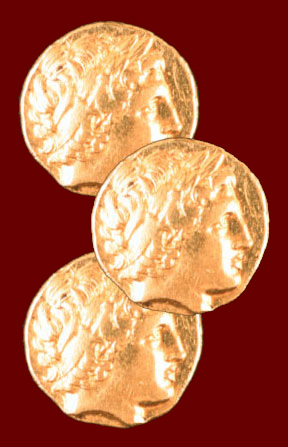 |
|
Eros
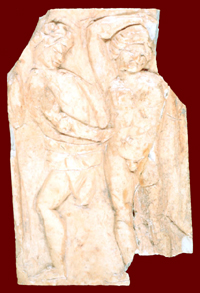 |
|
Memory
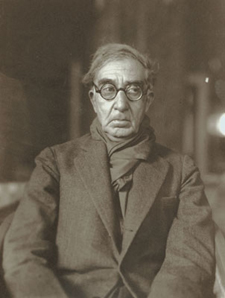 |
|
Religion
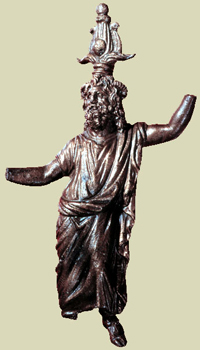 |
|
Craft
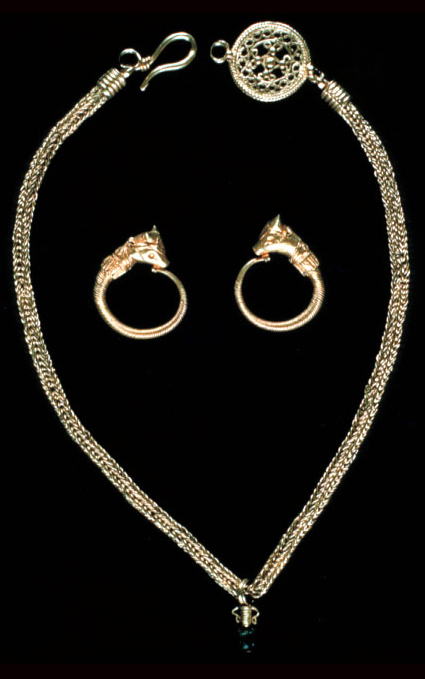 |
|
Egyptian and Near East Gallery
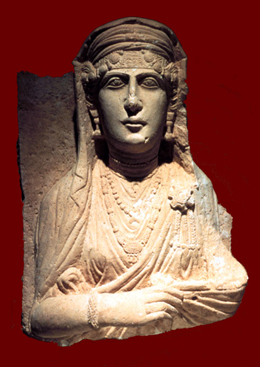 |
|
Greek and Roman Gallery
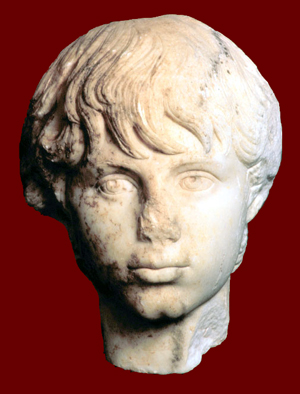 |
|